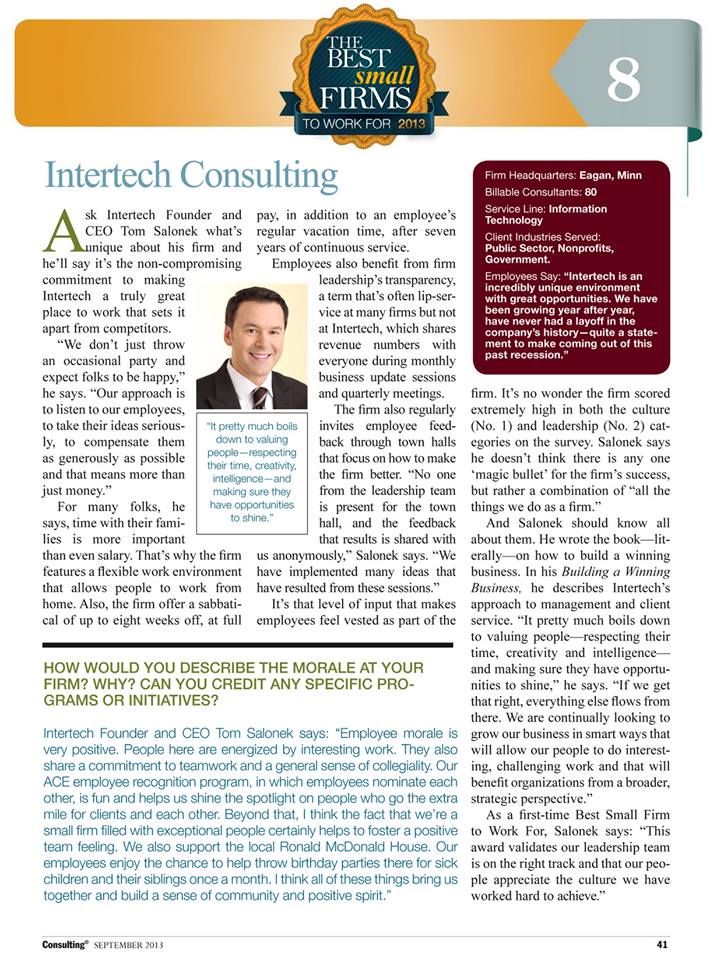Would Your Employees Recommend You?
 The latest issue of the MIT Sloan Management Review had an interesting article “Would Your Employees Recommend You?” by Julian Birkinshaw. Mr. Birkinshaw is a professor at London Business School and the author of Becoming a Better Boss: Why Good Management Is So Difficult.
The latest issue of the MIT Sloan Management Review had an interesting article “Would Your Employees Recommend You?” by Julian Birkinshaw. Mr. Birkinshaw is a professor at London Business School and the author of Becoming a Better Boss: Why Good Management Is So Difficult.
In his research, he and his team, developed a Net Management Promoter Score (NMPS). The NMPS (think of it as an internal Net Promoter Score) was based on the question:
“How likely is it that you would recommend your line manager to a colleague, as someone they should work for in the future?” (1 = not at all, 10 = extremely likely.)
The article states “…the NMPS is a good indicator of the level of employee engagement in a company… the correlation between employee responses about their level of engagement at work and the likelihood that they’d recommend their manager to a colleague is approximately 0.75.” A correlation of .75 is very high. In short, if you’re likely to recommend your boss, you’re very likely to be engaged at work.
High engagement indicates how likely someone will put discretionary effort into a job. While there are other factors in engagement–quality of work, physical working environment, etc.–the NMPS suggests no matter how great a workplace, it may mean nothing if the employee dislikes his or her immediate manager.

